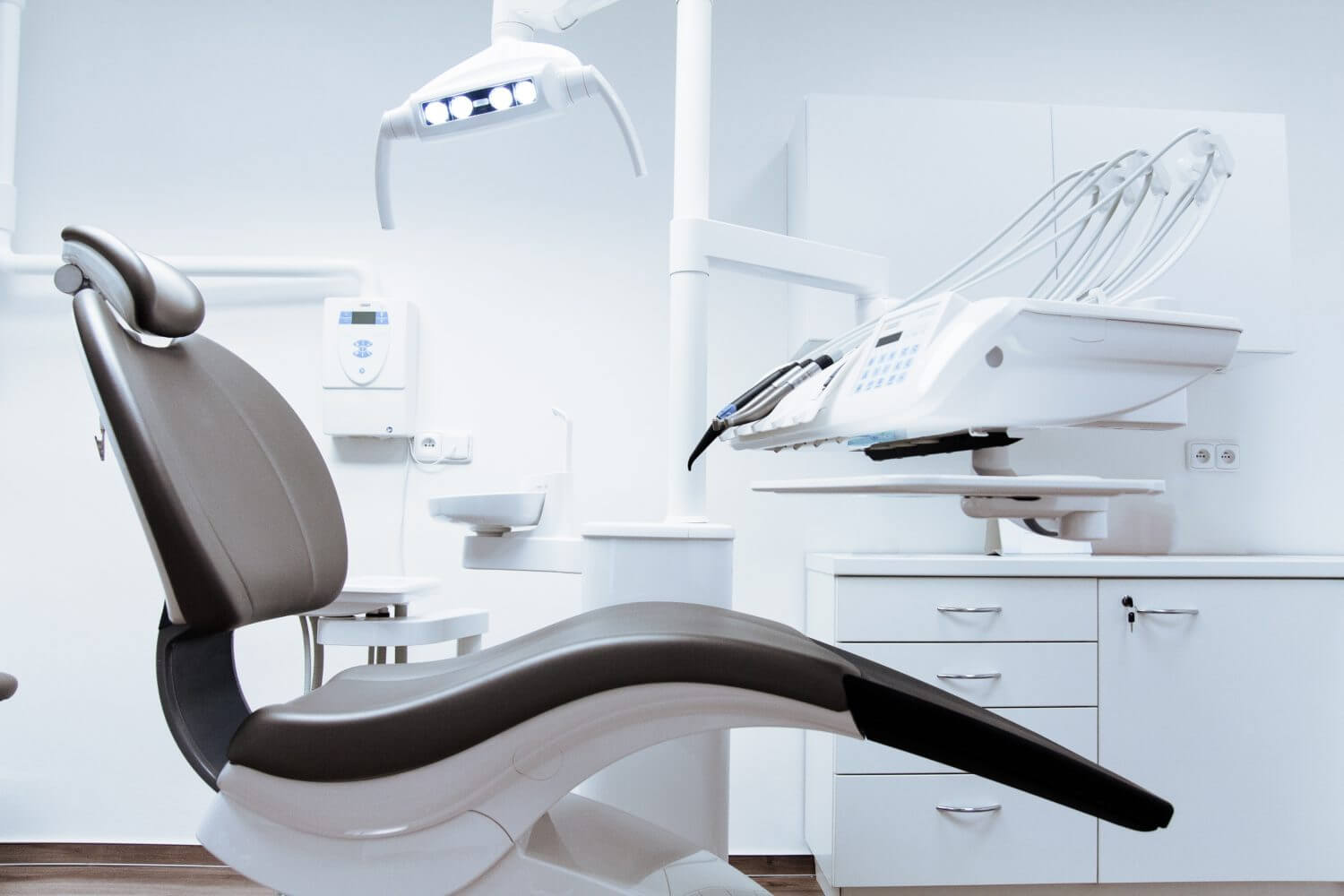There are many dangers associated with illegal drug injection – diseases like HIV and hepatitis, nerve and muscle damage, collapsed veins, skin infections, and more. One complication that is perhaps lesser known is endocarditis, an infection in the heart. Specifically, it is an infection of the endocardium, which is the inner lining of the heart chambers and heart valves. It is more likely in people who already have some kind of heart damage, like a congenital defect, heart valve replacement, or implanted medical device such as a pacemaker or left ventricular assist device (LVAD). Typically, endocarditis occurs when bacteria, fungi or other germs originating in another part of the body spread through your bloodstream and attach themselves to damaged areas in your heart. It can lead to damage of the heart valves or even destroy them, which can cause life-threatening complications.
Intravenous or IV drug use can easily lead to infections. Bacteria from the skin or a contaminated needle are able to pass into the bloodstream, and the risk is even greater if the user lives or injects in an unhygienic area. If these bacteria reach the heart, they can attach themselves and grow on the heart valves. Some of the signs of endocarditis are flu-like symptoms, such as fever and chills, a heart murmur, fatigue, aching joints and muscles, night sweats, shortness of breath, chest pain when breathing, and swelling in the feet, legs or abdomen.
Experts suggest lowering the risk of endocarditis and other complications from IV drug use by employing needle safety and education programs. Providing clean needles at a needle exchange center, designating a safe, clean space to inject, and educating people on the dangers of shared or contaminated needles are all crucial steps toward saving lives.
According to the Centers for Disease Control, from 2010 to 2015, a total of 505 people above the age of 18 in North Carolina alone were hospitalized with the diagnoses of drug dependence and endocarditis. (Incidentally, about one-third of these were also diagnosed with Hepatitis C as a result of their IV drug use.) In Vancouver, 63 percent of the 116 hospitalizations between 1994 and 2000 for endocarditis were in injection drug users.
Endocarditis can sometimes be treated with antibiotics, but in more serious cases heart surgery may be required. Unfortunately, we all know that relapse is common with any addiction, which means that someone may have their heart repaired, go back to injecting drugs, and end up with endocarditis again. In this situation, doctors may be faced with an ethical hurdle – is it worth performing such an expensive procedure on someone who is likely to repeat the damage again and again? One solution that has been suggested by physicians is to provide addiction treatment beginning in the hospital immediately after surgery.
If you or a loved one need help with quitting drugs or alcohol, consider Asana Recovery. We offer medical detox, along with both residential and outpatient programs, and you’ll be supervised by a highly trained staff of medical professionals, counselors, and therapists. Call us any time at (949) 438-4504.



